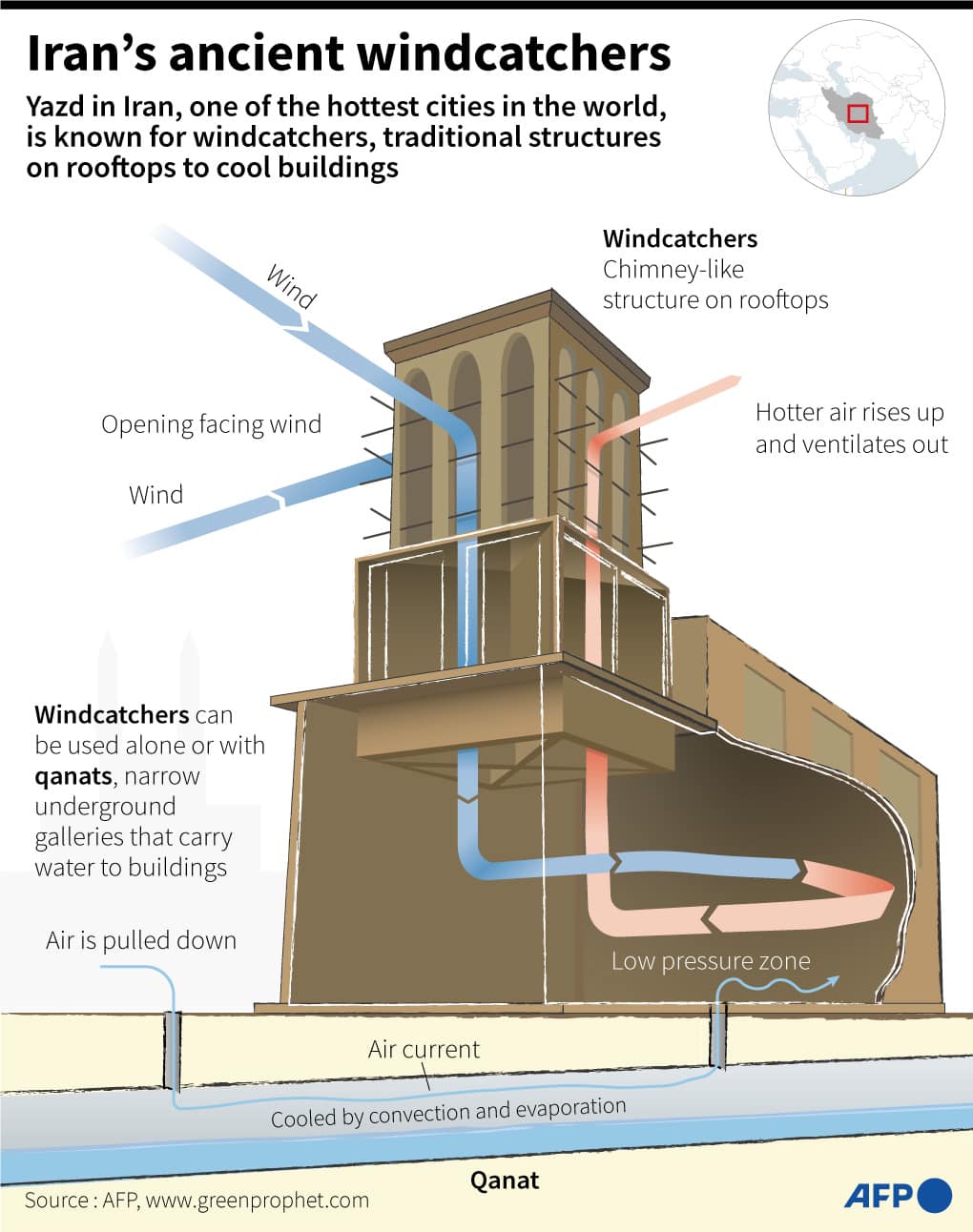this post was submitted on 24 Jul 2023
1734 points (98.7% liked)
Mildly Interesting
17133 readers
1 users here now
This is for strictly mildly interesting material. If it's too interesting, it doesn't belong. If it's not interesting, it doesn't belong.
This is obviously an objective criteria, so the mods are always right. Or maybe mildly right? Ahh.. what do we know?
Just post some stuff and don't spam.
founded 1 year ago
MODERATORS
you are viewing a single comment's thread
view the rest of the comments
view the rest of the comments

ok, but the cost of building a quanat is still pretty high and is not trivial to achieve.
Can't have water flowing everywhere in a country for this to work.
Most countries in the world quite literally have water flowing everywhere already.
But don't "swamp cooling" systems like the one in the OP not work well in humid environments? Sure, I have running water at home, but I also live in an incredibly humid climate.
I was more imagine something like the opposite of a district heating system and then using colling ponds or towers to disappate the heat from the system..
Don't you have water to drink at home? Or in the bathroom?
Modern plumbing uses pressurized pipes that are completely full of water, and can thus flow uphill, as long as the elevation gain doesn't exceed the head pressure from the water tower or pumps. That makes such pipe systems relatively cheap and easy to build.
In contrast, qanats require large conduits with space above for the air to flow through, using open channel flow. That means the entire system needs to be designed with a gentle downhill monotonic slope. That's doable (the wastewater and stormwater sewer systems are designed that way, for example), but it's more expensive and would require a lot of re-work if you wanted to convert over the existing water distribution system.